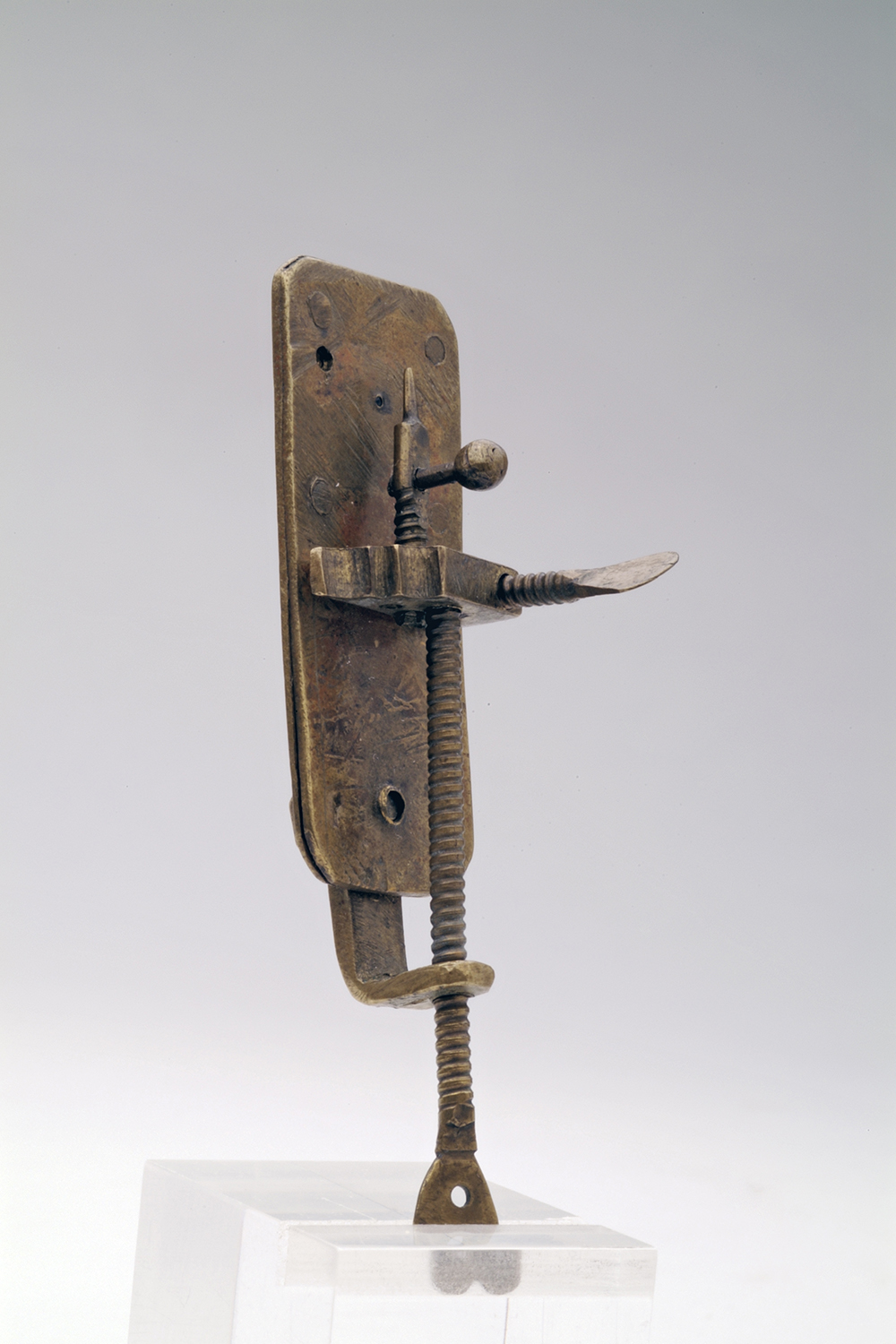
MicroscopesIn the Boerhaave museum in Leiden I saw van Leeuwenhoek's microscopes. They were so small! A thumb's length between oculus and objective, as if to see microscopic things, he thought you need something small itself. Or because to make a perfect lens you must let fall a drop of molten glass into water, compressing one direction and elongating the other, thereby rearranging the rays of light to make the miniscule immense. Although from minute scratches now we know he ground down the almost perfect shape to give a more perfect vision. The past, too, is microscopic -- only two first century, non-Christian accounts of Jesus: one paragraph from Flavius Josephus, perhaps apocryphal, and a second from Tacitus, both noting the obsessive focus of followers of the divine. We only focus, blindly, on what we cannot see. Near the same town of Leiden the apostatized Spinoza ground lenses, patiently telling us the objective truth: that God is the universe, and that we are infinitesimal pieces of God. In the end he succumbed to the dust he created by polishing perfection. Small things. In the present, the sun is setting, and a drop of water on a flower focuses a tiny, entire sun into my eye. From far away a crow calls and a near crow flies urgently in that direction. Seth Lloyd, July 2019Our 2019 Lorentz Professor was not the first to draw poetic inspiration from a visit to Spinoza's house. Here is an account of someone from almost a century ago.